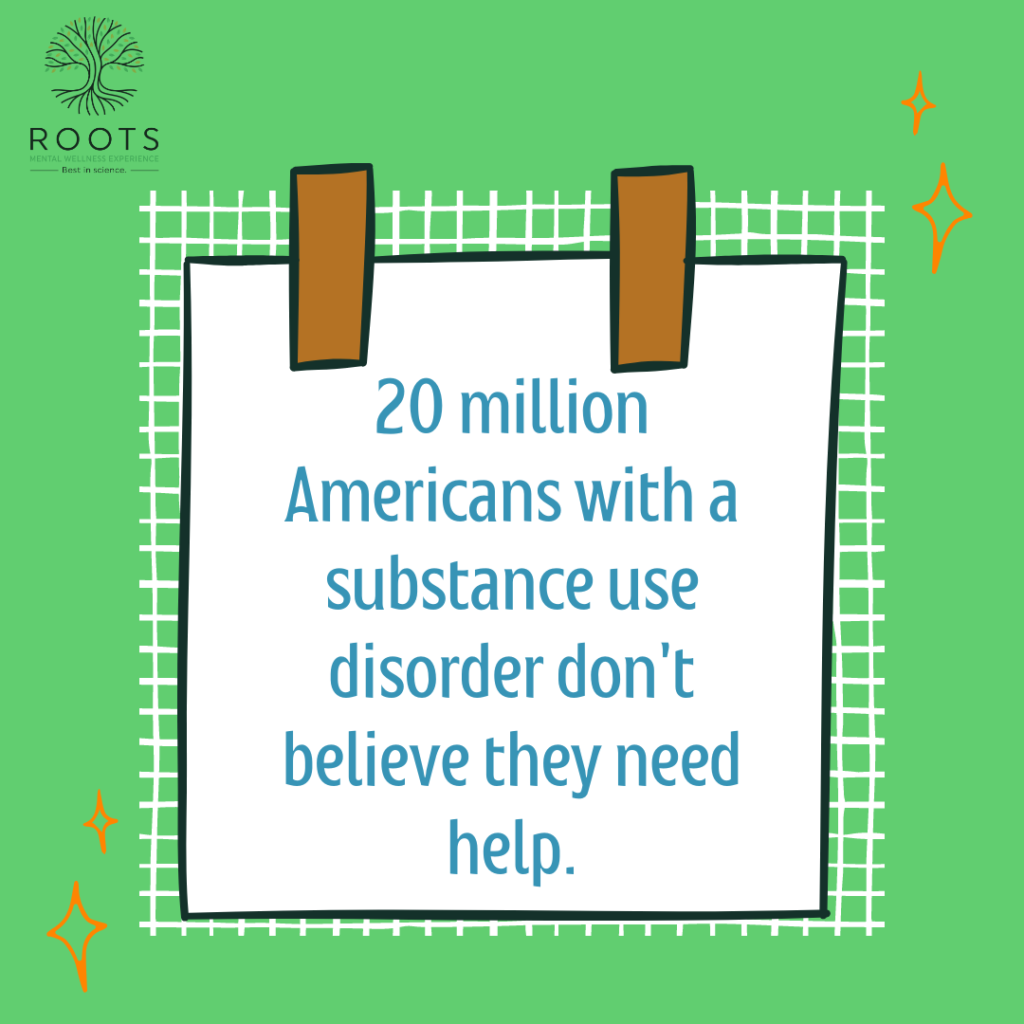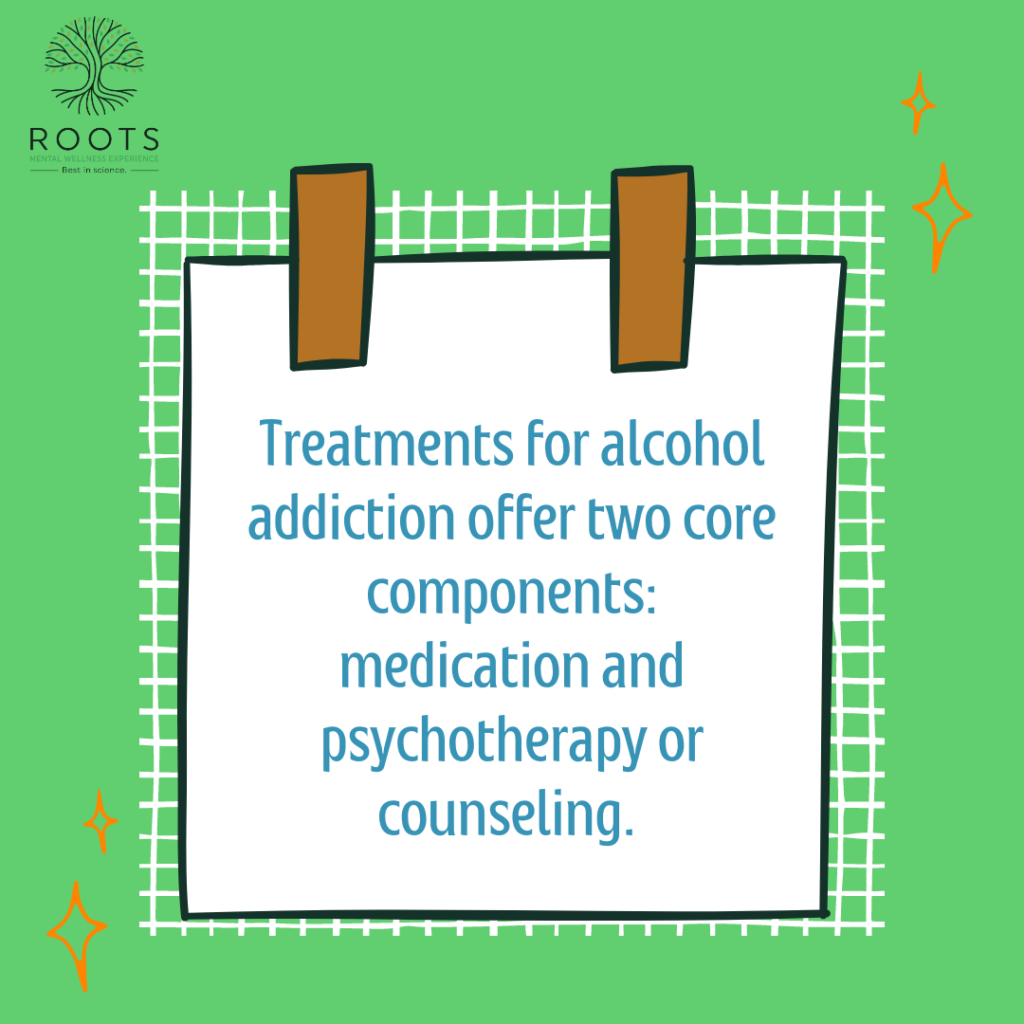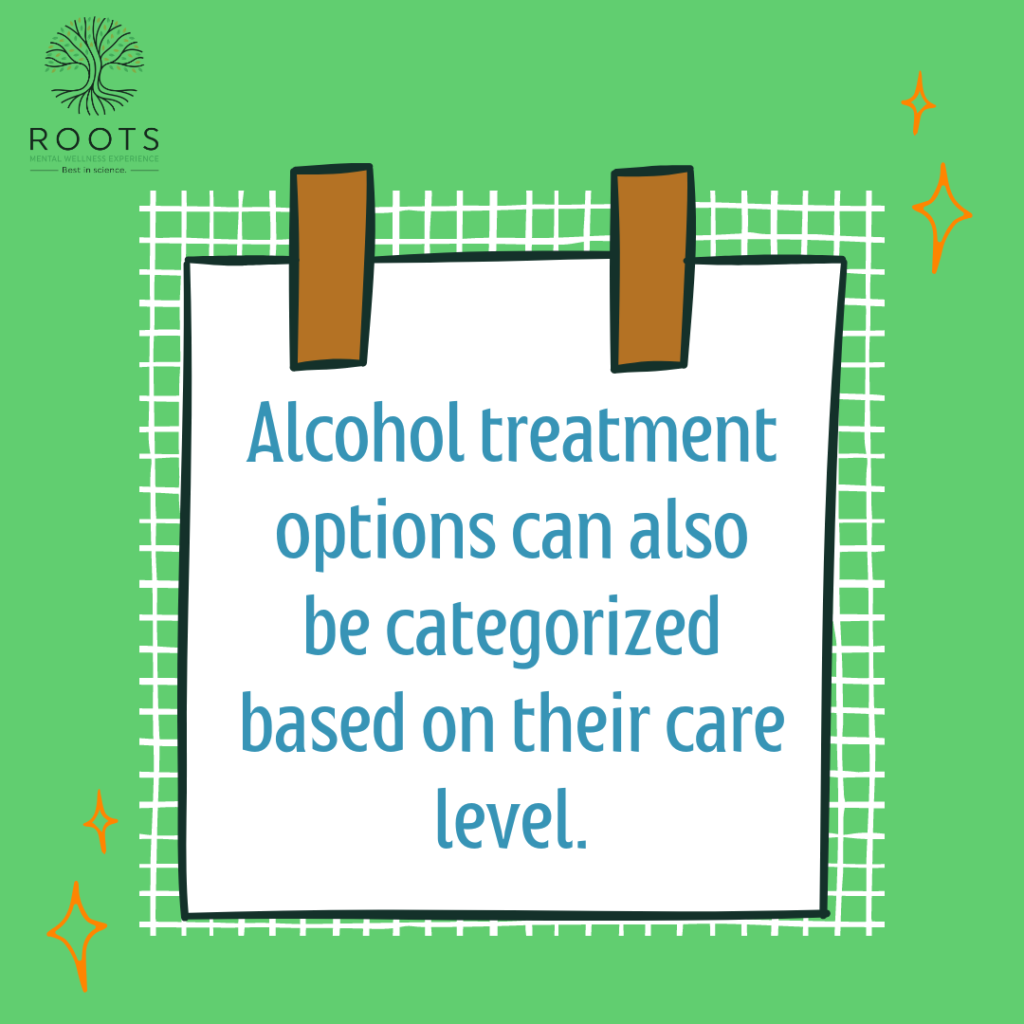In a study conducted by the National Survey on Drug Use and Health (NSDUH), 96% of individuals with active addiction don’t believe they need medical or professional help. The 4% either felt they needed treatment but didn’t receive it or didn’t try to seek it. This means roughly 20 million Americans with a substance use disorder don’t believe they need help like alcohol treatment despite their addiction’s negative impacts on their lives.
This ‘unbelief’ about getting help often stems from denial, shame, and fear. Thus, it is essential to remember that a person with an active addiction will formulate any possible excuse to avoid getting the proper treatment for them. Their disease often makes them rationalize, justify, and create false scenarios to escape their addiction’s reality.
For today’s article, we’ll provide information on addiction treatments, particularly treatments for alcohol addiction, to help you understand what rehabilitation services and treatments entail and how they are used to achieve lasting recovery.

What Is Alcohol Addiction?
Alcohol addiction or alcohol use disorder (AUD) is an often long-term and relapsing disease associated with compulsive or uncontrolled intake of alcohol and the emergence of negative emotions when the said substance is no longer accessible or available. AUD is a spectrum disorder that ranges from mild-moderate, or severe. It encompasses the conditions people refer to as alcohol dependence, alcohol abuse, or alcoholism.
What Is Alcohol Poisoning?
Often, people who have problematic alcohol use also have a higher tolerance to alcohol. Additionally, they are likely to drink excessively or binge drink. Drinking too much too quickly results in major impairments in cognitive and motor skills. Continuing to drink despite these signs can result in alcohol poisoning.
Alcohol poisoning happens when a person overdoses on the substance. It means that there is too much alcohol content in the bloodstream. When this happens, areas of our brain controlling life-support functions like breathing, temperature control, and rate begin to shut down. Symptoms of alcohol overdose include confusion, difficulty remaining conscious, vomiting, seizure, trouble breathing, slow heart rate, clammy skin, dulled responses like a lack of gag reflex, which prevents choking, and extremely low body temperature.
Age, sensitivity or tolerance to the substance, gender, speed and intensity of drinking, medications, and amount of food eaten can all be factors that tip the scale from impairment to permanent brain damage to death.

What Are The Types Of Alcohol Treatments Available?
It is a common misconception that there are only limited places where we can find or access alcohol treatments. People often think Alcoholics Anonymous or residential rehabilitations are the only treatment for addressing alcohol use disorder. Thankfully, a lot of options are available to fit the specific needs of patients to be able to achieve recovery.
Core Components Of A Professional-led Alcohol Treatment
Treatments for alcohol addiction offer two core components: medication and psychotherapy or counseling. Often, both are used to provide holistic care toward recovery.
Medications
Addiction, whether it is to alcohol or another substance, changes the pathways in our brains. This means there are physical changes to how our neurons or brain cells transmit information inside our head. So what pharmacological treatment acts in brain pathways related to alcohol abuse? This is where Medication-Assisted Treatment comes into the picture.

Medication-Assisted Treatment or MAT uses Food and Drug Administration-approved medications to correct our brain’s reward system and to address symptoms of withdrawal such as extreme cravings, shaking, etc. Three common drugs to assist in alcohol addiction are:
- Acamprosate – This drug prevents people from drinking alcohol but does not prevent withdrawal symptoms. It is ineffective in people who continue drinking alcohol, consume illicit drugs, and engage in other substance misuse and abuse. This drug typically begins on the fifth day of abstinence, reaching full effectiveness in five to eight days.
- Disulfiram – This medication treats chronic AUD and is most effective in people who have already undergone detoxification or are in the initial stage of abstinence. It also comes in tablet form and is taken once a day. It should never be taken while intoxicated and should not be taken for at least 12 hours after drinking alcohol because it can cause nausea, headache, vomiting, chest pains, and difficulty breathing.
- Naltrexone – This blocks the euphoric effects and feelings of intoxication. Its effects allow people with AUD to reduce alcohol use, remain motivated to continue to take the medication, stay in treatment, and avoid relapses.
- Fomepizole – This has been approved by the US Food and Drug Administration (FDA) for alcohol poisoning treatment, particularly for ethylene glycol poisoning. It can also be useful for managing methanol poisoning.
An important note is that these drugs are available only through a prescription, and they are not magic pills that will make AUD disappear. Detoxification alone rarely results in long-term abstinence from alcohol use. It is still recommended to consult with an addiction treatment center for a rehabilitation plan.

Alcohol Abuse Counseling
Psychotherapy or counseling is a collaborative treatment between mental health personnel and patients based on conversation or dialogue. This treatment offers a safe space for an individual to talk openly with someone objective, neutral, and non-judgemental. Common approaches to psychotherapy are:
- Individual Therapy. This treatment’s primary goal is to help people participate in rehabilitation and maintain abstinence. This uses psychotherapy approaches like dialectical behavioral therapy, cognitive behavioral therapy, and motivational interviewing and aims to modify behavior, emotions, and attitudes related to alcohol addiction. These types of sessions may also improve communication and overall dynamics of families and close relationships of the patient.
- Group Therapy. Group therapy sessions are often facilitated by at least one licensed professional. This method allows patients to relate to others struggling with the same issues. It also allows patients to help one another and offer insights, building positive and nurturing relationships.
Levels Of Care For Alcohol Recovery

Alcohol treatment options can also be categorized based on their care level. These levels, as defined by the American Society of Addiction Medicine, include:
- Full hospitalization or inpatient alcohol treatment: Medically-directed 24-hour services; may manage withdrawal.
- Residential: Low or high-intensity programs in 24-hour treatment settings.
- Intensive outpatient or partial hospitalization: Coordinated outpatient care for complex needs.
- Outpatient alcohol treatment: Regular office visits for counseling, medication support, or both. See below for some “lower intensity” alternatives for outpatient care.
There are also lower intensity treatments like online alcohol treatment or e-health, telehealth, and do-it-yourself custom care team from your insurance coverage. However, these are not recommended for severe cases of AUD.
What Are The Benefits Of Alcohol Treatments?
Apart from the end goal of going back to the life that you want for yourself, here are the specific benefits of getting the right AUD treatments for you:
- Better sleep
- Better energy levels
- Economical benefits
- Improved memory and cognition
- Better immunity
- Improved overall physical and mental health

Get The Best Alcohol Treatment In Long Beach, California
When you are recommended to undergo outpatient alcohol treatment, what to expect can be overwhelming. However, it can never be denied that getting the right treatment will always be beneficial as it helps you or your loved one regain control of your life.
If you are unsure about the proper alcohol treatment, we at Roots Through Recovery are here to help. Here at Roots, we stay away from a cookie-cutter view of creating treatment plans for our patients. We approach you or your loved one’s recovery based on specific situations, needs, and goals.
Embrace the culture of wellness with us at Roots, located at the heart of Long Beach–a city that offers a diverse community for healing the mind, body, and spirit. Come visit us at 3939 Atlantic Ave, Suite 102, Long Beach, CA 90807, or call 562-249-5706 for immediate assistance.



